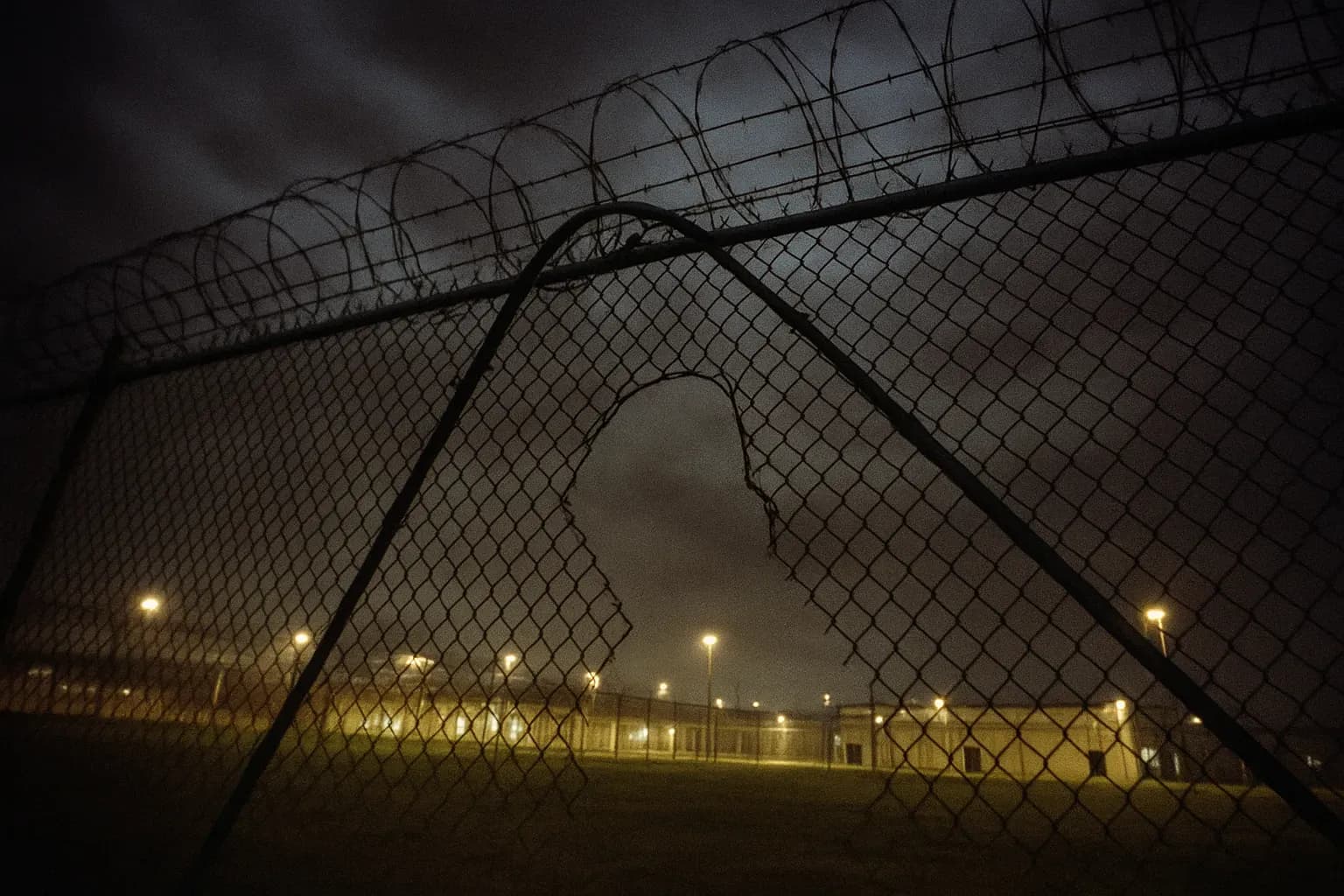
Death penalty
The ultimate consequence – state power, the shadow of wrongful executions, and true crime's enduring fascination
Death penalty: When the state sentences to death. Explore the ethical dilemmas, the risk of wrongful executions, and why these cases continue to shock and fascinate.
The ultimate consequence – state power, the shadow of wrongful executions, and true crime's enduring fascination
The ultimate sentence: Ethical storms of death penalty
Within true crime, the death penalty represents the ultimate legal consequence, where the state, following a conviction for a particularly serious crime – often a capital offense – lawfully carries out the execution of the convicted person. This ultimate punishment is not merely a legal procedure but also the focal point of intense ethical and moral debates. These discussions revolve around the state's power over an individual's life and death, the terrible risk of irreparable errors – as in cases of wrongful execution – and whether the punishment genuinely has a deterrent effect on future crime. Cases involving the death penalty, within the true crime universe, cast a sharp light on the functioning of the justice system, the crucial role of evidence, and the profound human costs of the final judgment.
Fascination with death penalty: Why it grips true crimes
Interest in the death penalty within the context of true crime is fueled by the profound human and societal questions it inevitably raises. Focus is often directed towards the severity of the specific crime leading to such a conviction, the meticulous investigation, the complex dynamics of the trial itself, and the long, grueling wait on death row. These cases also explore the psychological aspects concerning both the convicted perpetrator and the victims' relatives, as well as society's reaction to the most extreme form of justice. This often uncovers complex dilemmas surrounding revenge, the ongoing discussion about deterrence versus alternatives like life imprisonment, and fundamental humanity.
Limits of justice: Values challenged by death penalty
The death penalty is thus more than just a form of sentencing; it is a phenomenon that constantly challenges our perception of justice, the purpose of punishment, and the limits of state power. Its continued existence in certain legal systems globally ensures that the debate about its justification and consequences – including the ever-present risk of wrongful execution – remains a central and relevant theme. It highlights the most fundamental aspects of crime and punishment, and why death penalty cases continue to fascinate and horrify in true crime narratives.
Did this pique your interest? Explore real-life death penalty cases, from solving capital crimes to the gnawing doubt of wrongful executions – find our compelling cases below.









